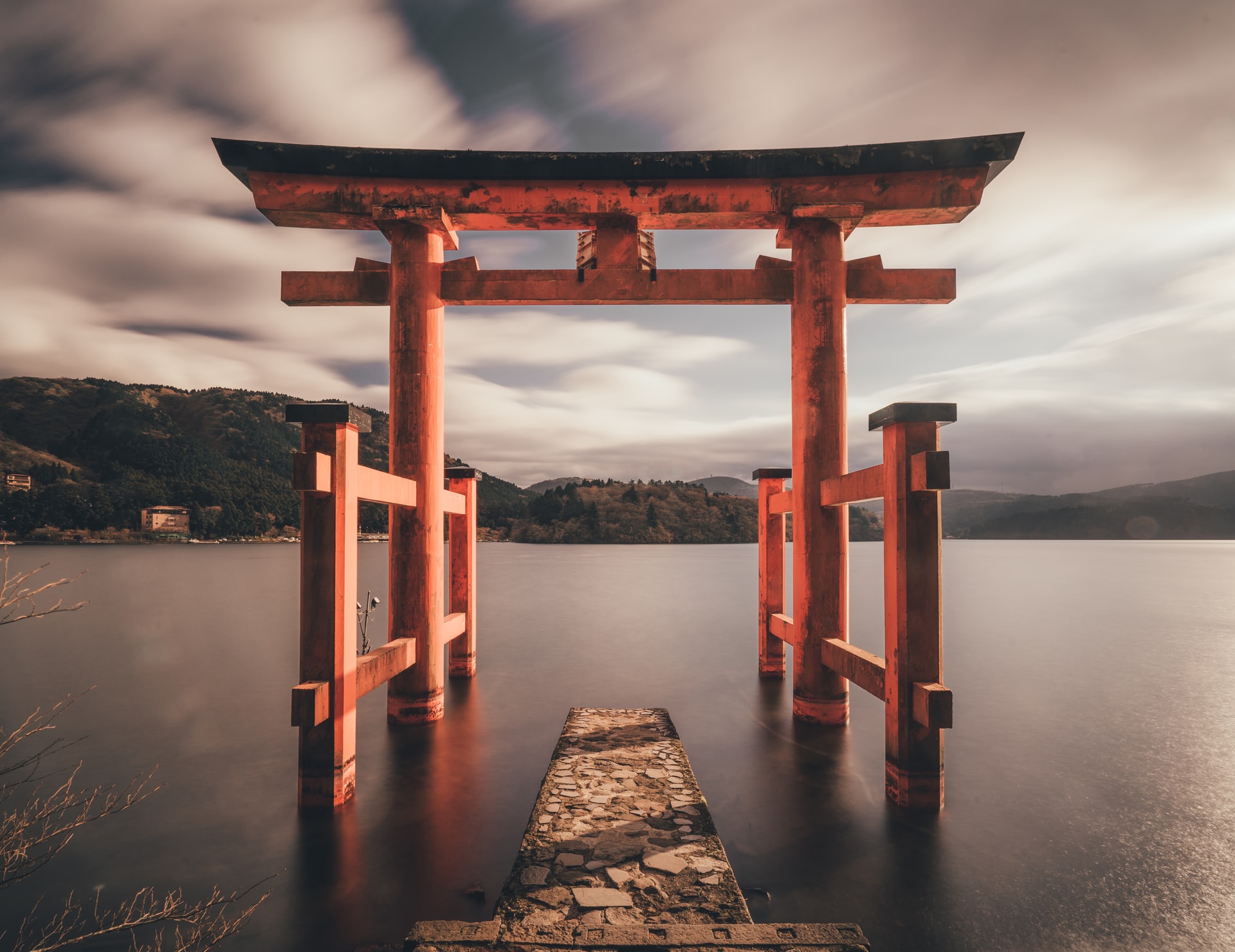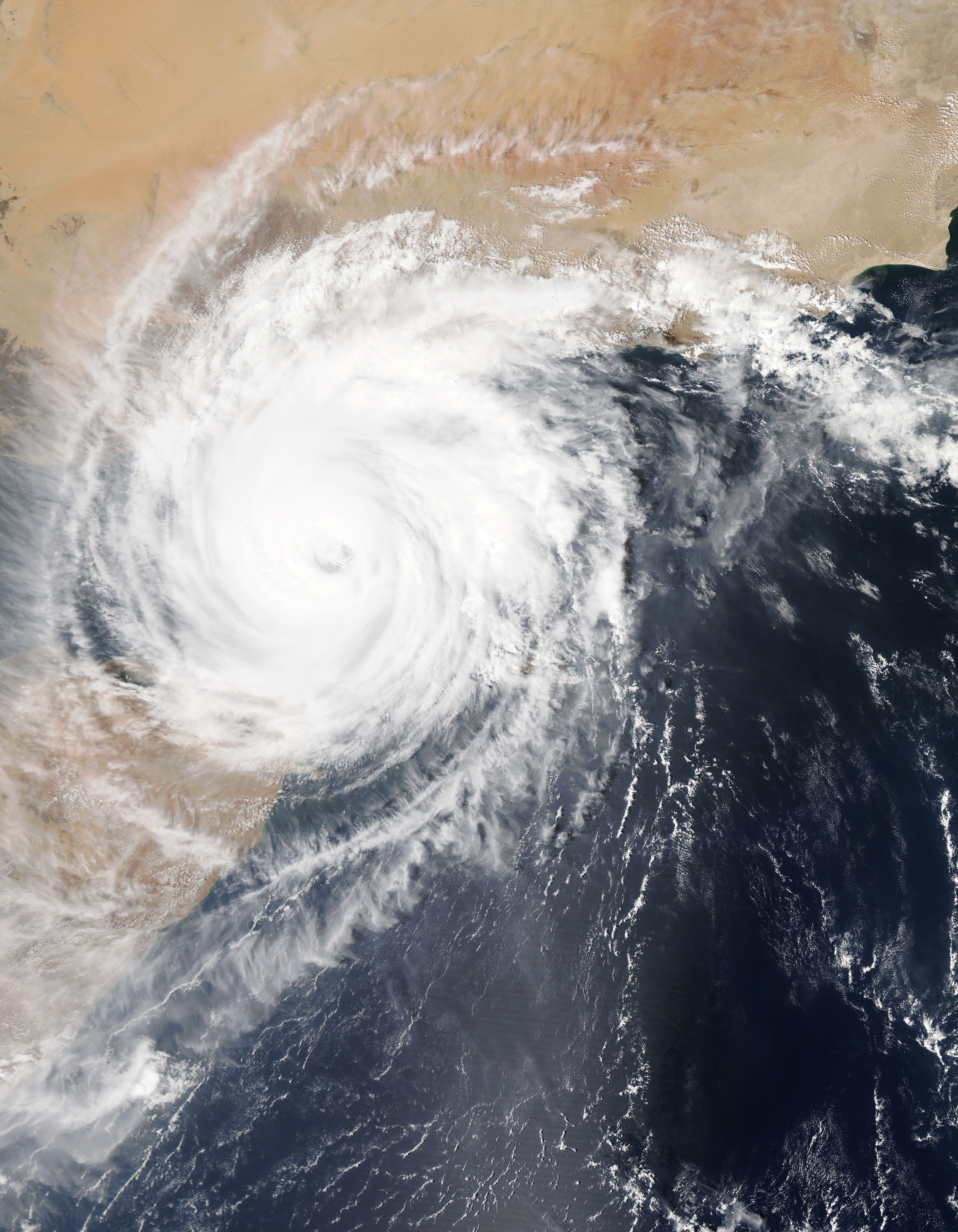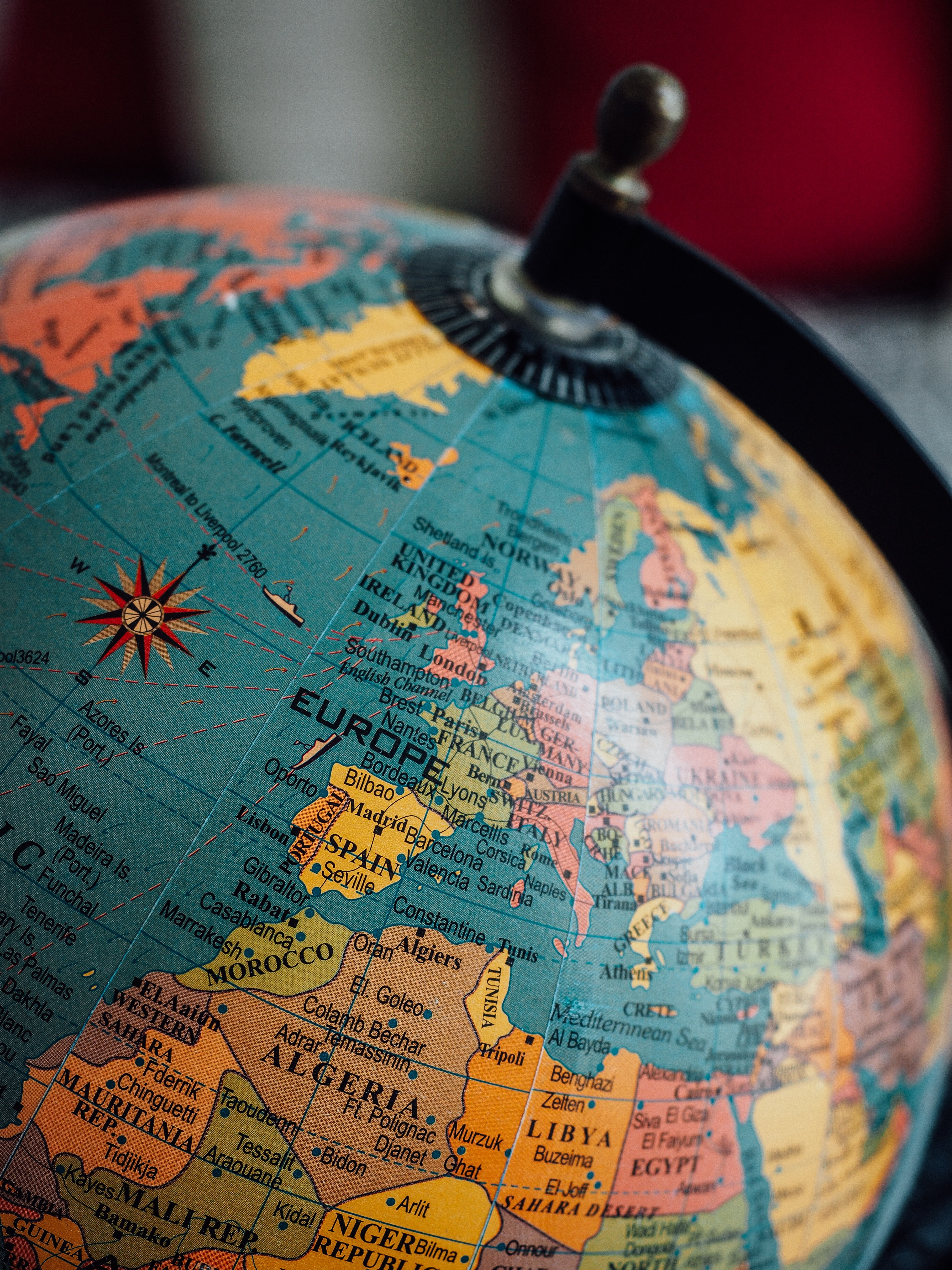In some cases, the picks reflect one’s field of interest. In others, the opposite is true: listening to the reliable podcasts is considered a good way to inform about little-known topics.
Enjoy the selection of the most listened podcasts on climate change by CMCC scientists.
Climate change
The Climate Question was the most voted podcast by CMCC people; this weekly show is broadcasted by BBC and reflects the variety of takes on climate change, how best to understand it and the world’s attempts to avert it, temper it or adapt to it. The aim is not about questioning whether climate change is happening, it’s about finding the best ways to respond to it. Other mentioned podcast were: Zero: The Climate Race, a Bloomberg podcast that explores the policies, tactics taking us to a future of zero emissions with award-winning climate reporter Akshat Rathi; Climate Now. combines audio drama and journalism to go deep on key scientific ideas, technologies, and policies relevant to the global climate crisis; TED Climate unpacks the problems and solutions behind big systemic issues in bite-sized episodes; TILclimate is an award-winning MIT podcast that breaks down the science, technologies, and policies behind climate change to help people make informed decisions for the future; The Climate Pod is an informative and humorous podcast on the latest environmental issues and climate action with the journalists, activists, academics, and artists at the center of the story.
Ocean
World Ocean Radio is a five-minute weekly insights dive into ocean science, advocacy and education, broadcasted by the World Ocean Observatory. Episodes offer perspectives on global ocean issues, today’s challenges, marine science and policy, and exemplary solutions. Each episode of Seacreature podcast hosts a guest who has spent time and interacted with a different ocean animal. The six podcast episodes of the Future Ocean use marine scientists, economists, and leaders in Alaska’s clean energy transition to discuss the different policy options, how they work, what the terms mean, and what action is happening regionally and nationally. The NOAA Ocean Podcast connects with ocean experts and explores topics from corals to coastal science.
Polar science
In support of the MOSAiC 1-year ice drift, the WMO launched a podcast entitled The IcePod. In monthly episodes, MOSAiC participants talked about their field experience and personal impressions on board the largest-ever expedition to the Arctic. From Pole to Pole, the Antarctica Unfrozen podcast has 10 episodes covering a range of topics from climate change, wildlife and living at Scott Base. If you are looking for an unusual experience, the Voice of the Iceberg may be the right choice: in this four-part audio adventure, a team of film-makers set out to record the unique character and sounds of icebergs in Antarctica. Other recommendations include the antarctic series Iceworld and the Antarctic Report as well as the arctic podcasts of the Arctic Institute of North America Podcast and the one of the SEARCH program.
Miscellaneous
The Infinite Monkey Cage is one of the most successfull and long running popular science series. Hosted by physicist Brian Cox and comedian Robin Ince, the show has currently reached its 27th season. The Independent described it as a “witty and irreverent look at the world according to science”. Planet Pod is an independent, not-for-profit podcast. Their series host guests from every walk of life and every sector who share their knowledge, expertise and ideas to help us all be better guardians of the planet. Looking back: a series focused on climate action offers a clear and yet rigorous narration of complex technical and regulatory matters regarding the energy transition. The Lloyd’s List Shipping Podcast gives a general overview about the situation of shipping decarbonisation from different perspectives.
Picture Credits CC from FreeFunArt on Pixabay.






